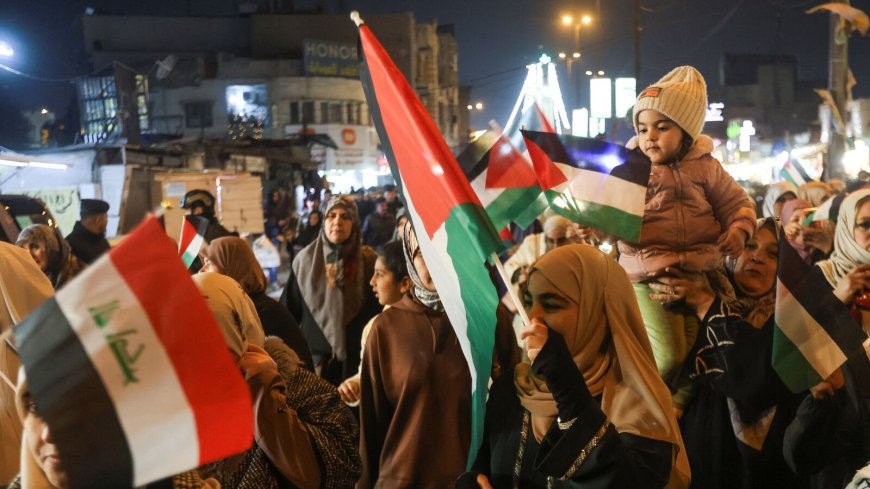Iraq could be the Middle East’s next battleground
Until recently violence was at its lowest since the American invasion

The landscape of the Middle East continues to evolve, and the focus is increasingly shifting toward Iraq as a potential hotspot for conflict. With ongoing political instability, sectarian tensions, and external influences, Iraq could soon emerge as the next battleground in a region already grappling with numerous challenges. This article delves into the factors contributing to this precarious situation.
Historical Background
Iraq has a long and tumultuous history marked by wars, invasions, and internal strife. The removal of Saddam Hussein in 2003 led to a power vacuum that has since resulted in sectarian violence and the rise of extremist groups. This historical backdrop plays a crucial role in shaping the current geopolitical climate.
Recent Developments and Flashpoints
Recent developments in Iraq have heightened fears of an impending conflict. The resurgence of militant groups, local uprisings, and the deployment of foreign troops have all contributed to the volatile environment. Additionally, regional powers observing Iraq's instability are likely to intervene, thus complicating the situation further. The Role of External Influences
The Impact of Regional Powers
The influence of neighboring countries, particularly Iran and Turkey, cannot be understated. Both nations have vested interests in Iraq and have historically intervened in its internal affairs. The ongoing tension between these powers could easily escalate into direct confrontations, making Iraq a flashpoint for larger conflicts in the region.
The U.S. Presence and Its Implications
The presence of U.S. forces in Iraq continues to influence the power dynamics within the country. While the U.S. aims to combat terrorism, this presence is often met with resistance from various factions. Any shift in U.S. military strategy could drastically alter the situation on the ground. The Humanitarian Impact
Impact on Civilians
The potential for Iraq to become a battleground raises significant concerns for civilians. As violence escalates, the humanitarian crisis may worsen, leading to displacement, loss of life, and a decline in living conditions. International attention will be crucial to address these emerging needs. Conclusion: The Road Ahead
As the situation in Iraq continues to develop, it remains vital for the international community to monitor these changes closely. Collaborative efforts will be essential in mitigating conflict and supporting the Iraqi populace. For more updates, visit dharmyuddh.com. Keywords: Iraq battleground, Middle East conflict, geopolitical tensions in Iraq, external influences in Iraq, humanitarian crisis Iraq, sectarian violence Iraq, U.S. presence in Iraq, regional powers impact on Iraq, Iraq conflict news, Iraq instability







